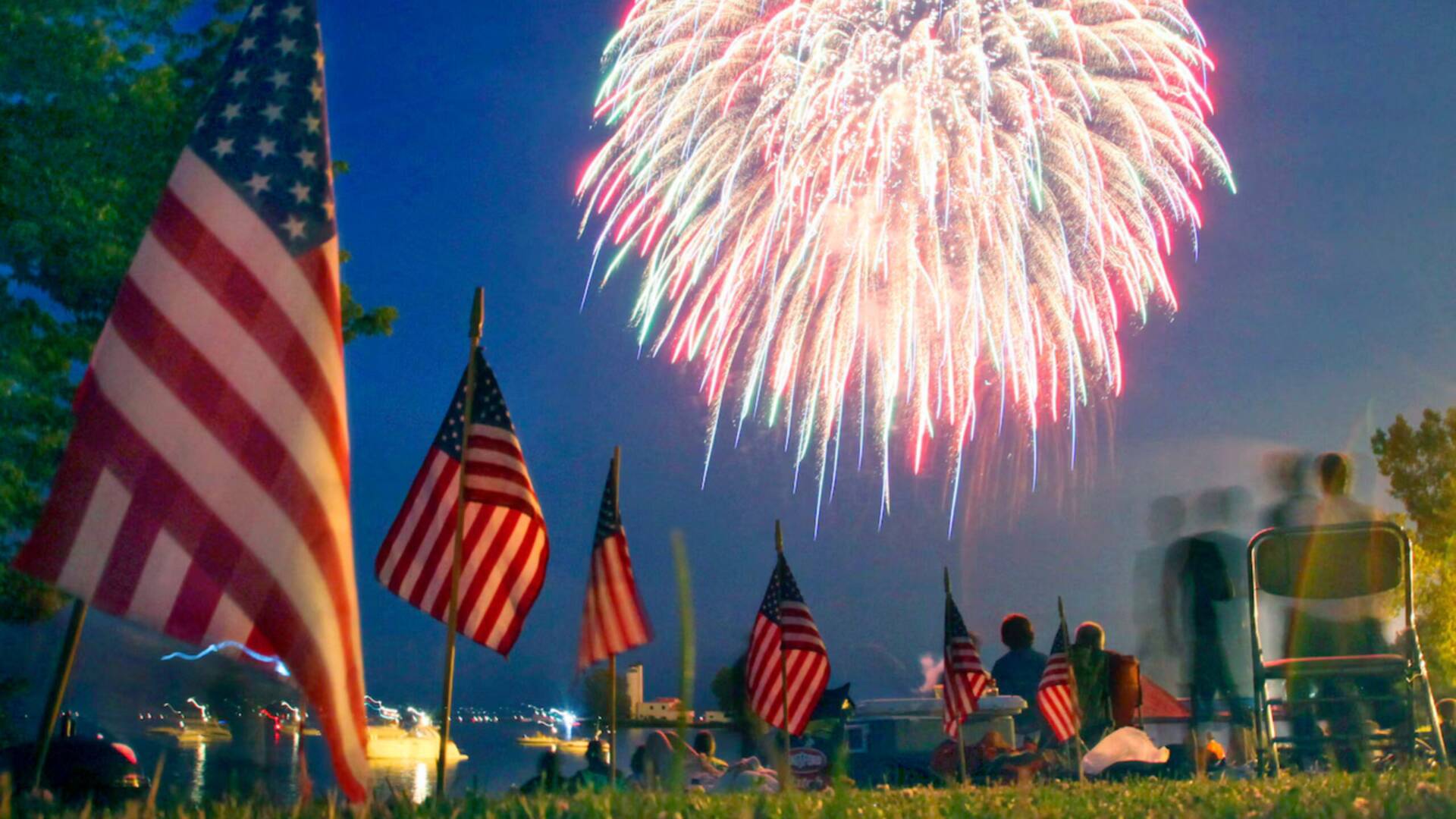Every year, Americans across the country come together on 4th of July to celebrate Independence Day, commemorating the birth of the United States as an independent nation. This historic day holds significance beyond just fireworks and barbecues—it marks a pivotal moment in American history that shaped the course of the nation.
Origins of Independence Day
- Contrary to popular belief, July 4, 1776, wasn’t the day the Continental Congress decided to declare independence.
- That decision actually took place on July 2nd, when the Congress voted in favor of independence from British rule.
- However, July 4th is remembered as the day when the final wording of the Declaration of Independence was approved.
The Declaration of Independence
- Authored primarily by Thomas Jefferson and edited by the Continental Congress, the Declaration of Independence laid out the colonies’ grievances against King George III and proclaimed their intent to form a new nation.
- The document went through revisions before its final approval on July 4th, which is why this date is engraved in American memory as Independence Day.
Celebrations Through the Years
- In the early years following its adoption, Independence Day wasn’t widely celebrated. The young nation was preoccupied with building its institutions and facing political challenges.
- It wasn’t until the 1790s, amidst partisan conflicts between Democratic-Republicans and Federalists, that the Declaration of Independence gained prominence as a symbol of American ideals.
John Adams and Thomas Jefferson
- The deaths of two Founding Fathers, John Adams and Thomas Jefferson, on July 4, 1826, further elevated the significance of the date.
- Their passing on the 50th anniversary of Independence Day reinforced the national sentiment that July 4th was a day to honor the sacrifices and principles that founded the nation.
Official Recognition as a National Holiday
- It wasn’t until 1870, nearly a century after the Declaration was signed, that Congress declared July 4th a national holiday.
- This official recognition solidified the day’s status as a time for Americans to reflect on their shared history and values.
- Subsequent legislation in 1939 and 1941 reinforced July 4th as a federal holiday, ensuring that it would be celebrated across the nation.
Modern Traditions and Celebrations
- Today, Independence Day is celebrated with a variety of traditions that reflect American culture and values.
- Fireworks displays light up the night sky, barbecues and picnics bring communities together, and patriotic parades honor the nation’s heritage.
- Across the country, people gather to celebrate freedom, democracy, and the enduring spirit of the American people.
The Significance of July 4th
Beyond its historical importance, July 4th serves as a reminder of the principles that unite Americans—freedom, equality, and the pursuit of happiness. It’s a day to commemorate the courage of those who fought for independence and to reaffirm our commitment to the ideals that define our nation.
As we celebrate Independence Day each year on July 4th, we not only honor the past but also look toward the future. The story of the Fourth of July is one of resilience, unity, and the enduring legacy of those who dared to declare their independence. It reminds us that the freedoms we cherish today were hard-won and must be preserved for future generations.
In essence, July 4th is more than just a date on the calendar—it’s a celebration of the American spirit and the ongoing journey toward a more perfect union.

